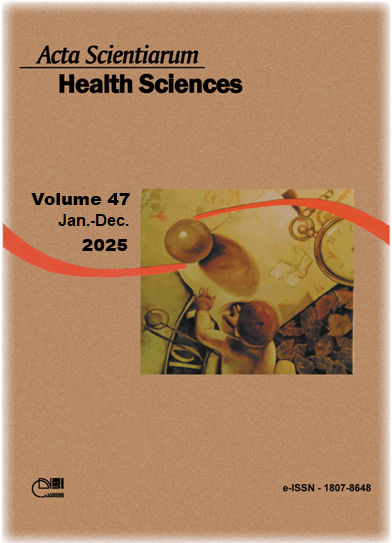Evaluation of the effect of black radish juice on the treatment or prevention of stone formation induced by ethylene glycol in rat
Resumo
Ethylene glycol (EG)-induced urolithiasis is a common type of kidney stone formation that is caused by the metabolism of EG to oxalate. Black radish juice has been shown to have antioxidant and anti-inflammatory properties, which may be beneficial in treating or preventing kidney stones. The study aimed to investigate the effects of black radish juice on the treatment and prevention of ethylene glycol-induced urolithiasis in rats. Forty-eight wester rats were randomly divided into six groups of 8 and treated with ethylene glycol alone, ethylene glycol + black radish juice, or served as controls. Black radish juice was found to significantly increase urine flow and pH, decrease crystal content in the urine, and reduce the number and size of calcium oxalate crystals in the kidneys of rats. There were also measurable changes in blood levels of AST, ALT, and calcium. However, urine pH levels decreased significantly in the model group, while oxalate levels remained unchanged across all groups. The study suggests that black radish juice may have a protective effect against ethylene glycol-induced urolithiasis in rats, but acknowledges the limitations in study design and ethical concerns. The findings cannot definitively claim the effectiveness of black radish juice in the prevention or treatment of kidney stones.
Downloads
Copyright (c) 2025 Acta Scientiarum. Health Sciences

This work is licensed under a Creative Commons Attribution 4.0 International License.
DECLARAÇÃO DE ORIGINALIDADE E DIREITOS AUTORAIS
Declaro que o presente artigo é original, não tendo sido submetido à publicação em qualquer outro periódico nacional ou internacional, quer seja em parte ou em sua totalidade.
Os direitos autorais pertencem exclusivamente aos autores. Os direitos de licenciamento utilizados pelo periódico é a licença Creative Commons Attribution 4.0 (CC BY 4.0): são permitidos o acompartilhamento (cópia e distribuição do material em qualqer meio ou formato) e adaptação (remix, transformação e criação de material a partir do conteúdo assim licenciado para quaisquer fins, inclusive comerciais.
Recomenda-se a leitura desse link para maiores informações sobre o tema: fornecimento de créditos e referências de forma correta, entre outros detalhes cruciais para uso adequado do material licenciado.
























5.png)







